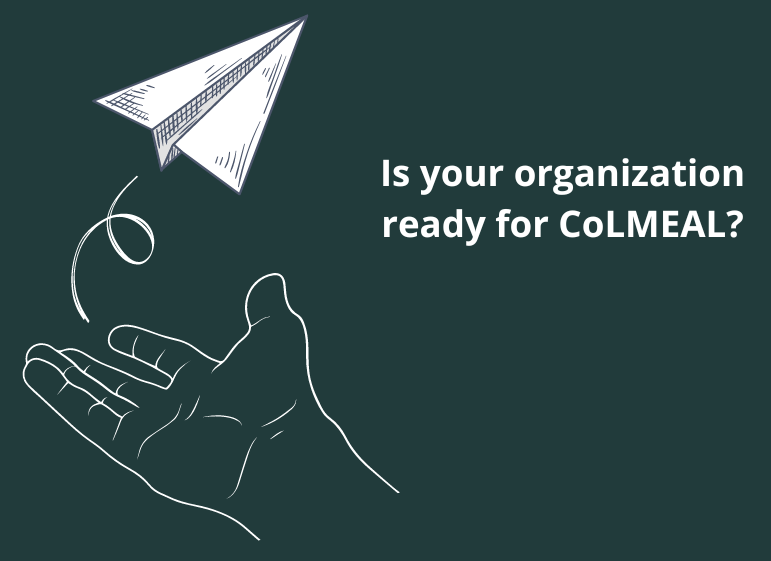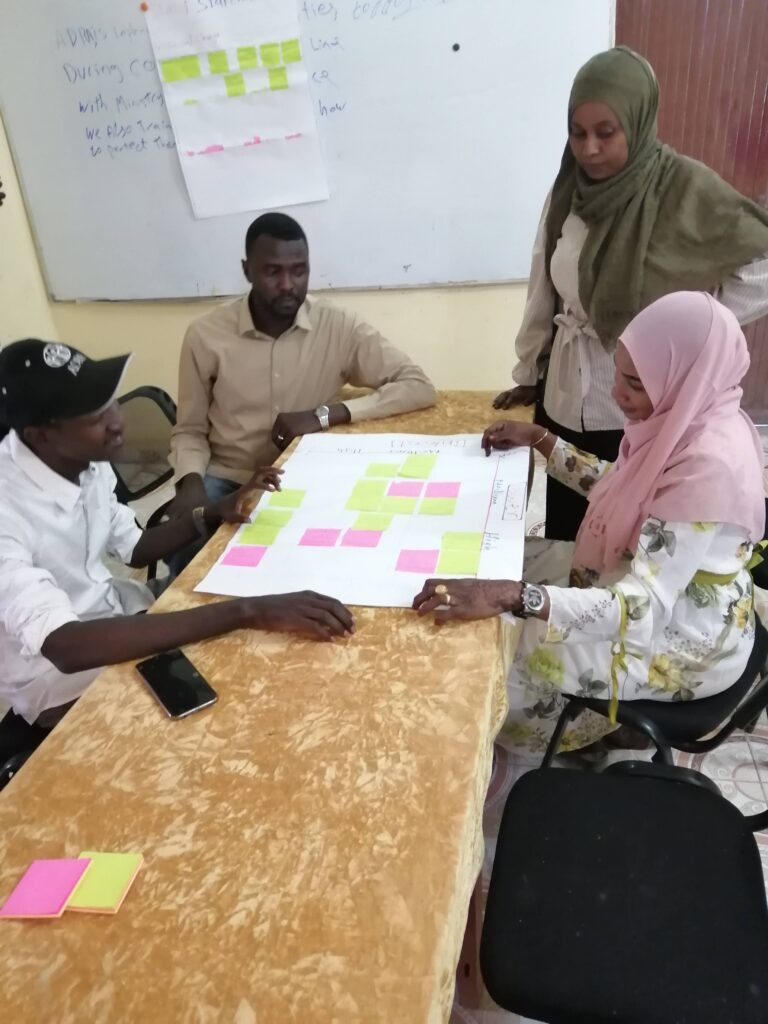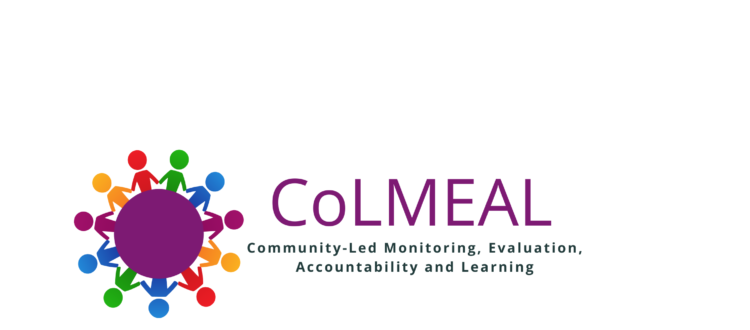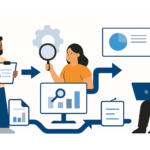Is your organization ready for CoLMEAL?

As with any initiative or organizational change, there are key factors that need to be harmonized to more effectively achieve a goal. An older, but useful framework is the McKinsey 7-S framework that identifies 7 key elements for organizational change. In this article, we remix them and share how they can play out for CoLMEAL from our learning.

Strategy & Leadership Style
It is important that the leaders have a vision and commitment to CoLMEAL and ideally model an empowering leadership style. It is equally important that the organization have a strong community engagement or community-led approach already. A useful tool to assess this is the Movement for Community-Led Development’s Community-Led Development Assessment Tool. Another facet to consider is whether your donors or funders support a community-led approach to MEAL.
Reflection questions:
- Is there an organizational mandate for community-led development?
- Does your organization have a strong community engagement approach already? Or is a strategy in place to adjust systems and build competency in your organization towards a stronger community engagement approach?
- Does your organization work as facilitators vs service providers? Do field staff see their role as coaches rather than managers?
- Does your funder support a CoLMEAL approach to MEAL or are there ways you need to get your funder onboard before you launch into the process?
Watch the Webinar “Is your organization ready for CoLMEAL?”
Structure, Staff & Skills
To be able to implement CoLMEAL, it is critical to ensure that the structure of the organization, the staff and the skills they have enable them to facilitate community-led processes.
We have observed that it greatly facilitates CoLMEAL to have a separate staff member dedicated to CoLMEAL, especially during the start-up phase. In our experience it can take at least 8 months to start-up and requires support for at least two years to follow whole CoLMEAL life cycle.
CoLMEAL necessitates a humble mindset from staff, especially those who engage with community stakeholders and partners. Organizational staff inherently carry with them power due to their position, education and resources they bring into the community. Without self-awareness, the attitude with which the staff present themselves can detract and potentially undermine a CoLMEAL approach.
In addition to looking for staff with strong facilitation and coaching skills, organizations need to assess whether they are creating an environment where staff sees themselves as peers and learners with the community. It is important that staff are have the skills to not faci-pulate or facilitate in a way that manipulates the dialogues to a particular end, but to actively listen, explore emergent discussions and consolidate a common action plan in partnership with the community.
Reflection questions:
- Is there dedicated budget for the project to implement CoLMEAL?
- Is there a dedicated CoLMEAL staff member for setting up CoLMEAL structures and capacity building for the first 2 years of the project?
- Is community engagement a competency required for key operations staff?
Systems
In order to be adaptable to the community schedule and the community’s capacity there needs to be the ability to negotiate flexibility in timelines and funding mechanisms.
Often timelines follow the donor’s fiscal year for reporting, which does not take into consideration community calendars. For example, scheduling activities during planting and harvest times or community events and celebrations puts pressure on local partners to deliver results under duress.
In terms of funding, often activities and specific results are predefined during the funding contract agreement process. In the current systems, it takes some finessing to ensure there are mechanisms to support community action plans and – once they are developed – to continue the momentum while still meeting donor and organizational accountability. The provision of community action grants can require the organization to consider different levels of risk and control so that the capacity of community groups can be strengthened as a result.
As we’ve discussed in previous posts, the MEAL systems and perceptions on data quality risk may need adjustment. This may also require organizations and donors to broaden their concept of accountability to include community stakeholders and to the most marginalized in the community. It may also shift the organizational metrics of success to include those that measure progress on whether the community is leading.
Reflection Questions:
- Is there flexibility in time and accountability to adapt MEAL processes and tools to the community context within the project?
- Is there flexibility within the project funding to support community action plans once they are developed?
- Does your organization have systems that allow for the administration of community action grants in ways that is accessible to community partners while balancing the risk tolerance for your organization?
- Are there key performance indicators for ensuring community is leading?
Shared Values
In our complex realities and when innovating, shared values and principles guide the direction of staff when the specific steps cannot be known in advance or needs to be adapted to different situations. CoLMEAL requires a commitment to community empowerment to find ways to balance the other accountability needs. It may require new ways of thinking how community-led results interact with donor/ organizational accountability needs.
CoLMEAL may also require a change in mindset with project staff as well as in communities. For so long in communities in low- and middle-income countries, we have a shared narrative where organizations provide the solutions, whether they fit or not and communities are passive recipients of aid. There is in some communities still an expectation that the organization provides material needs. Communities do not see themselves as a partner in their own development.
Reflection Questions:
- Do the shared values of your organization compel each staff to have a commitment to community empowerment?
- Is community empowerment or true participation or decolonization a key principle and core value of your organization?
- Do staff and community accept the iterative process of this approach and their roles in implementing it?

Are there any other ways you or your organization ensures readiness for community-led processes? Is there anything we’ve missed?
Join our discussion on LinkedIn!
To learn more about CoLMEAL and sign-up to our email updates, visit the CoLMEAL page.
Read the full CoLMEAL article series
- CoLMEAL: What is it and should you use it
- Why CoLMEAL can help development
- The Benefits and Challenges of CoLMEAL
- Getting your organization and colleagues on board
- How Salanga prepares you for CoLMEAL (coming soon!)




